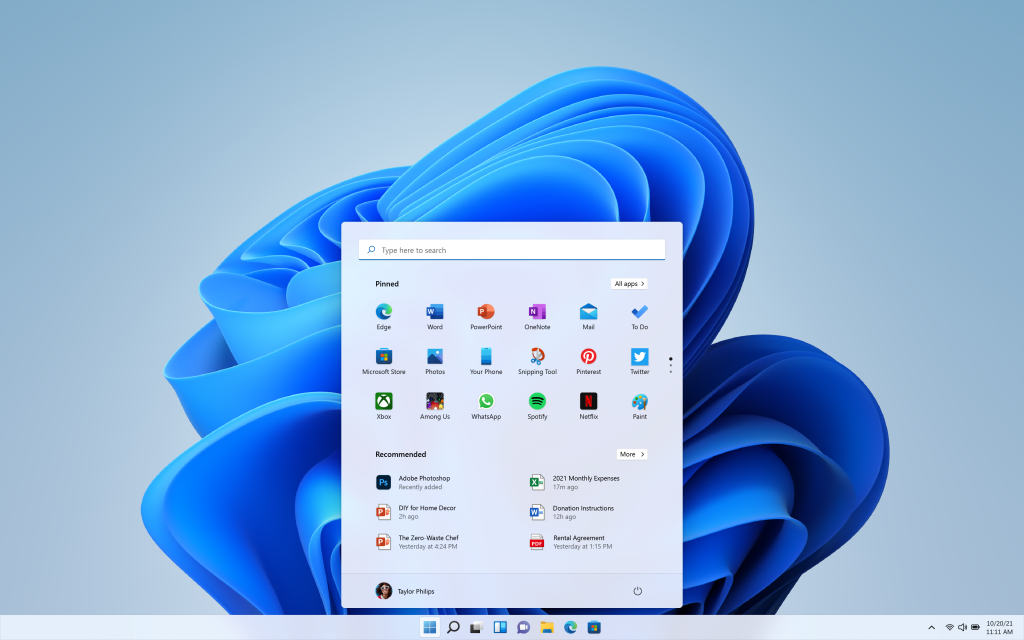

Microsoft is touting a new development in hybrid personal computing with the arrival of the Windows 365 Cloud PC.
Microsoft announced that Windows 365 takes an operating system such as Windows 10 (or Windows 11 when it is available) to the Microsoft Cloud.
It will essentially stream the full Windows experience – including all a person’s apps, data, and settings – to a personal or corporate device.
The move makes sense for Redmond. Ever since July 2019 Microsoft makes more money from cloud services than it does selling its Windows operating system.
But why has the newly announced Windows 365 arrived now?
Microsoft says that as the world increasingly adopts a hybrid working model because of the Coronavirus pandemic, people are either returning to the office, working remotely, or adopting a hybrid combination of the two.
“The ability to work whenever, however, and wherever it’s needed has become the new normal,” wrote Wangui McKelvey, general manager of Microsoft 365. “All employees want technology that’s familiar, easy to use, and available across devices. And in the most complex cybersecurity environment we’ve ever seen, businesses need a solution that helps their employees collaborate, share, and create while also keeping their data safe and secure.”
“Today we’re excited to announce Windows 365, a cloud service that introduces a new way to experience Windows 10 or Windows 11 (when it’s generally available later this calendar year) for workers from interns and contractors to software developers and industrial designers,” wrote McKelvey.
“Windows 365 takes the operating system to the Microsoft Cloud, securely streaming the full Windows experience – including all your apps, data, and settings – to your personal or corporate devices,” McKelvey wrote. “This approach creates a fully new personal computing category, specifically for the hybrid world: the Cloud PC.”
So essentially any device (a smartphone, a tablet, a different computer or even an Apple Mac) can be a cloud PC.
It allows people to stream (from the Microsoft cloud) their personalised Windows experience to any particular device.
From 2 August, the service will be sold to businesses to begin with, as many firms move to a mix of office and remote working.
For many years now Microsoft has been championing its cloud offerings such as Office 365 or OneDrive, which rely on an subscription model.
Critics argue the long-term use of these cloud or streaming services can often work out costing more than an one-off purchase.
Meta says it will stop targeting personalised Facebook ads at UK woman after legal battle,…
Nine EU countries led by the Netherlands push European Commission for follow-up to 2023 EU…
Former Cruise chief executive Kyle Vogt reportedly raises $150m for The Bot Company at $2bn…
Gotbit founder Aleksei Andriunin pleads guilty to manipulating tokens' trading volume and price after extradition…
ByteDance's largest US investors reportedly in talks for majority stake in US TikTok spin-off, with…
Apple reportedly reassigns Siri development to executive behind Vision Pro after acknowledging delays to much-hyped…